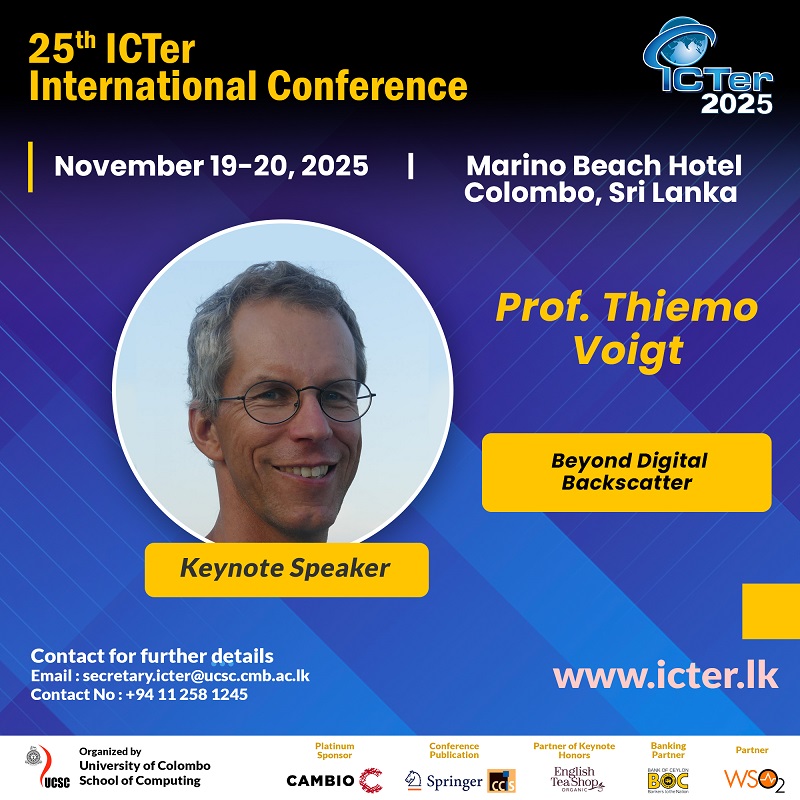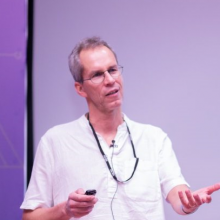Biography:
Thiemo Voigt is a professor at Uppsala University, Sweden, and senior researcher at RISE Research Institutes of Sweden. His research interests are in low-power communication, systems software for networked systems, in-body networking and embedded AI. His work has been cited more than 22000 times and led to several best paper awards.
Beyond digital backscatter
Backscatter communications has reduced the power consumption for communication by several orders of magnitude compared to traditional active low-power radios. While backscatter communications has become an integral part of 6G Ambient IoT, in this talk, I present some of our efforts to go beyond digital backscatter. Analog backscatter completely eliminates all digital parts which on one hand further reduces power consumption but on the other hand poses some new challenges such as the need to desynchronize transmissions. I will also discuss our most recent work that reduces the power consumption of active radios to that of backscatter radios.

